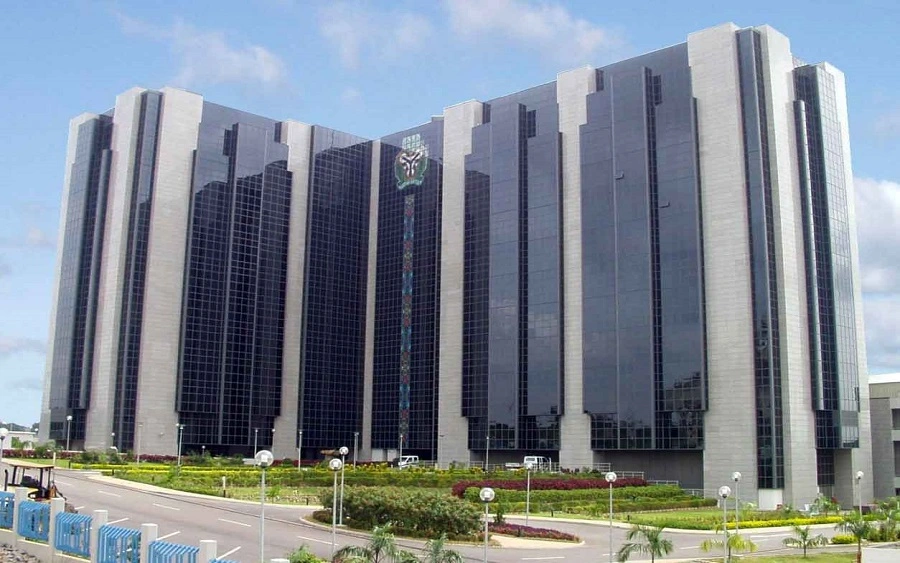Recently, the Central Bank of Nigeria (CBN), the Nigeria Deposit Insurance Corporation (NDIC) had revoked the licenses of 179 Microfinance Banks (MFBs) and four Primary Mortgage Banks (PMBs).
While this may be the end of the road for owners of these banks, customers whose deposits are insured by the NDIC are expected to have succor as the corporation has assured that it will be quick in the procession of their claims.
NDIC Managing Director and Chief Executive, Mr. Bello Hassan gave this assurance in a statement which followed the revocation of the licenses of the affected MFBs and PMBs. According to Hassan, as a deposit insurer, the NDIC would begin the process of payment of the insured sums immediately with the verification of eligible depositors at the respective premises of the closed banks.
He enjoined such depositors to get the required documents for the exercise such as proof of account ownership, verifiable means of identification and alternate bank account to facilitate their seamless verification and payment of their insured deposits.
The NDIC boss stated that the insured deposit is the first claim that the Corporation pays to depositors upon revocation of bank’s license by the CBN, adding that the maximum specified limits for the MFB and PMB sub-sectors are N200,000.00 and N500,000.00 per depositor per bank, respectively.
As liquidator, he disclosed that the Corporation has also put machinery in motion to commence sales of assets of the defunct banks as well as recover debts owed to them in order to declare liquidation dividends on pro rata basis to the affected depositors with claims exceeding the maximum insured sums of N200,000.00 for MFBs and N500,000.00 for PMBs.
He assured that regulatory authorities are leaving no stone unturned to ensure that the soundness of the banking system is not compromised, stressing that there is no need for the public to panic over the safety of their bank deposits.
To file claims with the Nigeria Deposit Insurance Corporation (NDIC), you can follow these steps:
Gather Necessary Documentation: Collect all the relevant documents pertaining to your claim. This may include proof of deposit, account statements, identification documents, and any other supporting evidence.
Contact the NDIC: Reach out to the NDIC to initiate the claims process. You can do this by visiting their website, calling their customer care hotline, or visiting the nearest NDIC office. Provide them with the necessary information and inquire about the specific requirements and procedures for filing a claim.
Complete Claim Form: The NDIC will provide you with a claim form to fill out. Ensure that you provide accurate and complete information on the form. Attach all the supporting documents that are required to substantiate your claim.
Submit Claim Form and Documents: Once you have filled out the claim form and gathered all the required documents, submit them to the NDIC. Follow the instructions provided by the NDIC regarding the submission process. Make sure to keep copies of all the documents for your records.
Follow up on the Claim: After submitting your claim, it is advisable to stay in contact with the NDIC and inquire about the status of your claim periodically. This will help you stay informed and address any additional requirements or inquiries from the NDIC promptly.
Cooperate with the NDIC: If the NDIC requests additional information or documentation to support your claim, provide it promptly. Cooperating fully with the NDIC will help expedite the processing of your claim.
Await Resolution: The NDIC will review your claim and make a determination based on their assessment and applicable regulations. This process may take some time, so it’s important to be patient while your claim is being evaluated.
Receive Compensation: If your claim is approved, the NDIC will provide compensation for the insured portion of your deposit. The compensation amount is subject to the limits set by the NDIC and relevant regulations.
It is important to note that the specific procedures and requirements for filing claims with the NDIC may vary depending on the circumstances and the financial institution involved. It’s recommended to consult the NDIC directly or visit their official website for the most up-to-date and accurate information regarding the claims process.





